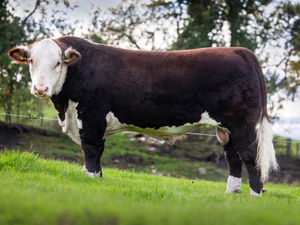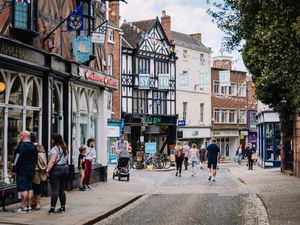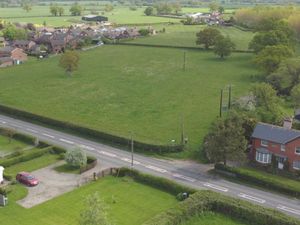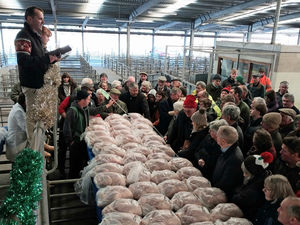Phil Gillam: Story behind Shrewsbury's twinning with Dutch city of Zutphen
As the noble Sir Philip Sidney lay dying of gangrene, having been shot in the thigh during the heat of battle, doubtless many a concern would have troubled his fevered brow.
But it seems highly unlikely that he might have guessed that 460 years later there would continue to be a tremendous friendship between the Dutch city he had fought bravely to defend and the English town where he had been educated - Shrewsbury.
However, this is exactly the case - and now the unexpected appearance of a scrapbook of long-lost letters and documents from just after the Second World War has suddenly served to highlight again this remarkable story.
Of course it wasn't Sidney - an Elizabethan soldier fighting for the Protestant cause against the Spanish - who came up with the idea of a twinning arrangement between the two towns, but his legendary generosity of spirit stands as an inspiration for the twinning move centuries later.
Councillor Alan Townsend told me: "Sidney was fighting at the Battle of Zutphen in 1586 when he was mortally wounded, and he is remembered for the great gesture of self-sacrifice when they brought him water but he refused it and said to give it to a Dutchman who was more likely to survive."
Alan, who is a member of the Shrewsbury-Zutphen Twinning Committee and whose own association with the city in Holland goes back to 1947, is very excited to have just received this long-forgotten scrapbook of letters and documents (plus photographs and cuttings) from the 1940s and 1950s, shedding light on the friendship between the two towns at that time.
He told me: "Since I first visited the town in 1947 - as a boy of 14 - Zutphen has always had a special place in my heart.
"Now these documents have come to light and they give a fascinating insight into how the friendship between the two towns developed."
The scrapbook was discovered by Mandy Peat, the grand-daughter of Colonel Frank Liddell, who was the organising secretary of the link between Shrewsbury and Zutphen (and, also, incidentally, the owner of the Della Porta department store in Shrewsbury's High Street).
An exchange of letters tells of the generosity of the people of Shrewsbury as they sent railway containers full of goods to the war-shattered city of Zutphen.
The Burgomaster of Zutphen wrote to a colleague in December 1945: "I just now heard from Colonel F. H.Liddell that 46 cases of goods have been dispatched and we are longing to make the population happy with so many things they have all missed so cruelly." And he spoke of the joy that the people of Shrewsbury were bringing to the people of Zutphen.
In a letter the following January the Burgomaster wrote: "Heartiest thanks in haste now that we feel the kind hand of Shrewsbury pressing ours."
Alan says of the scrapbook: "I imagine they were clearing the colonel's house when they found all this. So it's good fortune that it had been kept safe and that it has now come to us for safe-keeping."
Alan himself had visited Zutphen as a boy as part of an exchange arrangement, and then, as mayor of Shrewsbury in 2009-10, was able to return to the Dutch city. "Whilst there, I said to my wife Judy that I'd like to go back to the house I stayed in in the 1940s, and I was amazed to find that the brother of the guy who was my exchange visitor was still living there. And now I have a friendship with him.
"This whole thing, this twinning idea, is all about reaching out to other human beings in friendship. I think it's a wonderful thing."
It is now hoped that an exhibition about the friendship between the two towns will be staged in both Shrewsbury and Zutphen next year by the professional Dutch artist and poet Jet Rotmans, a personal friend of Alan's. The exhibition - at the Music Hall - will have the support of the twinning committee.
If you would like to know more about the Shrewsbury-Zutphen twinning, you can email Alan at arhtownsend@btinternet.com




